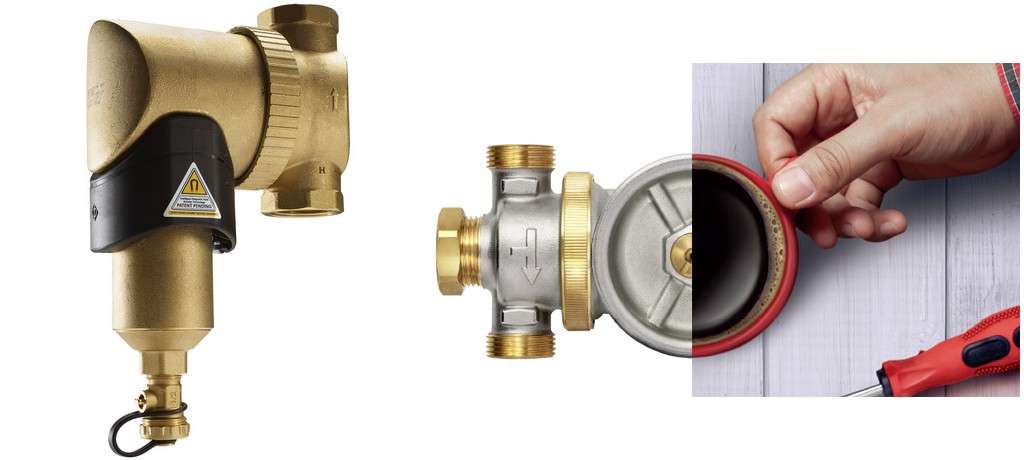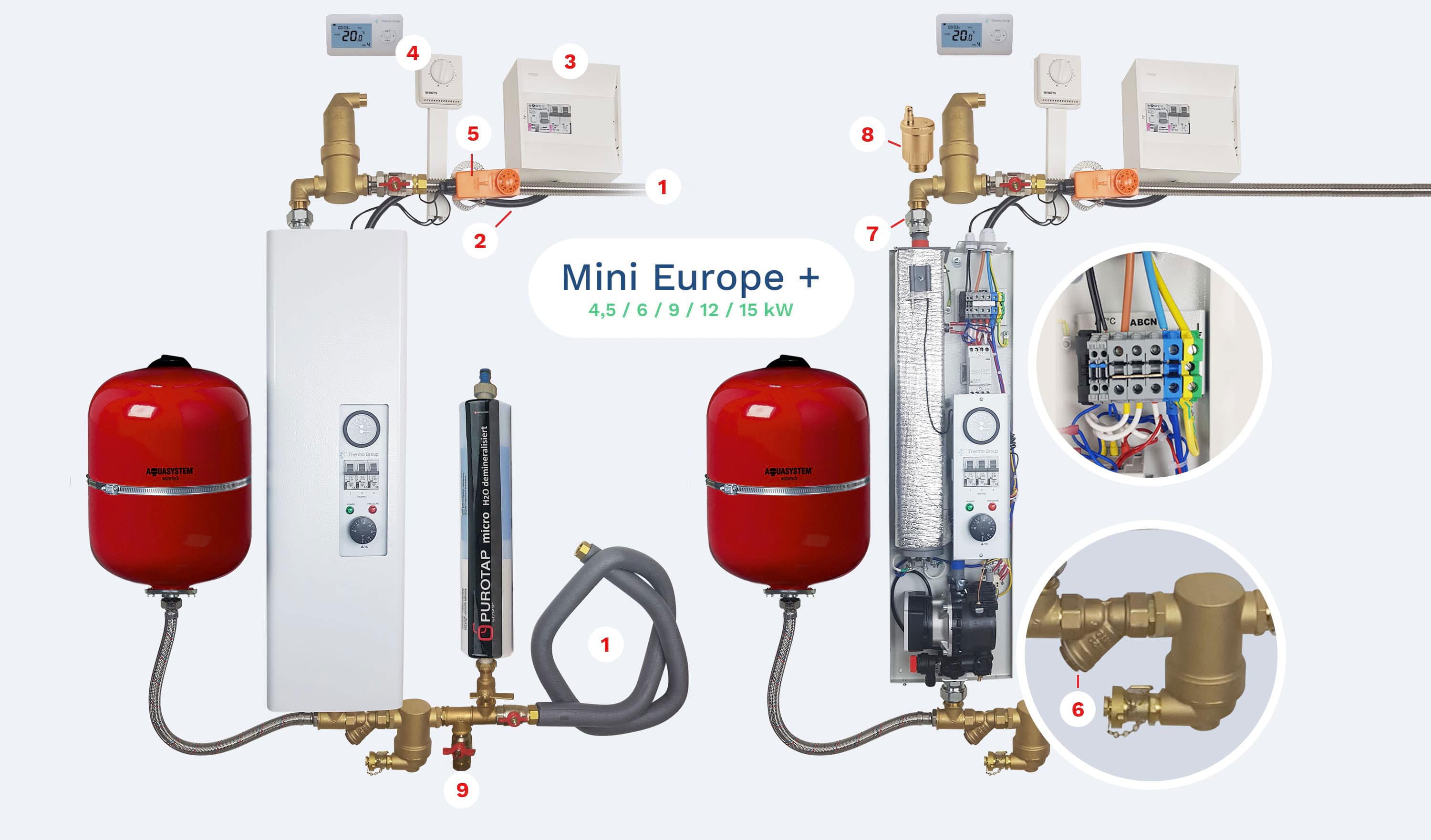
During the maintenance or for the replacement of an electric boiler, the installation of a sludge separator, also known as a dirt separator, is necessary to protect the system from impurities in the water. But, what is a sludge separator? What is it for and what are the benefits?
What is the use of a sludge separator?
At the moment, preserving the environment is part of everyone’s concerns and it is important to find techniques that reduce energy consumption, which also make savings on the heating bill. Thus, all the tips that can help and optimize the heating system are to favour.
A sludge separator is indeed an effective accessory to capture the various substances present in the heating water. Indeed, the heating system must face an electrolysis phenomenon that generates sludge or iron which remains inside the circuit. The sludge separator is then essential to avoid damaging the system with unnecessary substance residues.
Note that, unlike the expansion vessel, for example, the installation of a sludge separator is not mandatory, although strongly recommended.
The different types of sludge separators
Currently, there are three types of sludge separators, to be used depending on the purpose. We can find the mechanical pot, the magnetic pot or the pot that combines the two characteristics, both magnetic and mechanical.
The magnetic sludge separator makes it possible to directly put apart the metallic mud substances from the water flowing through the heating system ducts with the aid of a magnet.
About the mechanical separator, it captures the muddy elements in the water-based on their weight.
Finally, the mechanical and magnetic pot brings together the specificities of the magnet associated with those of the hydrocyclone (principle of centrifugal force) to capture a maximum of sludge debris, whether ferrous or not.
The action of the separator makes it possible to obtain pure and clear water.
ThermoGroup recommends the REFLEX Exdirt sludge separator offered for only 99 €.
When to install a sludge separator?
It is necessary to install the sludge separator at the return of the heating after a system desludging, or directly when the boiler is installed.
In the latter case, installing a new boiler often results in the presence of welding rests or even particles of soil that could damage the pipe. Therefore, the establishment of a filter to collect these elements is essential as it prevents the flow of different particles in the channels.
The filter does not capture the ferrous substances inside the ducts and on the walls of the circuit. This accumulation sometimes blocks the pipe and avoid the free circulation of the water, while altering the proper functioning of the boiler (we can lose several degrees). Regular cleaning and maintenance are still necessary even if you are equipped with a sludge separator.

